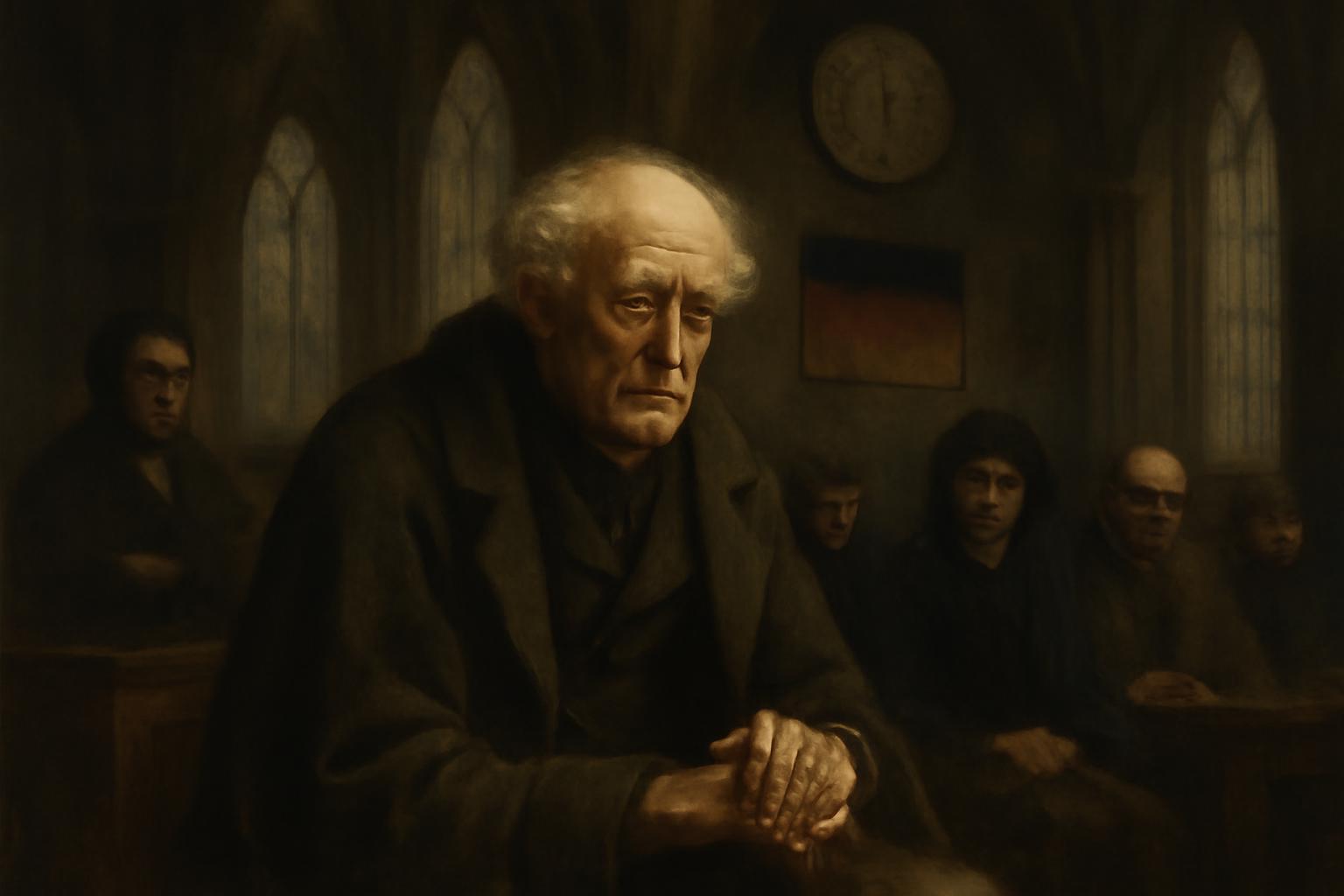A pallid light of administrative hope flickers within the chancelleries of Germany, as eager ministers drape a mortuary veil over the looming abyss—proclaiming, with official gravitas, a pension package that would placate fears and seal the cracks in the edifice of societal care. Like ancient priests of a wounded polis, these technocrats invoke stability, promising the weary denizens, especially those east of the Elbe, sanctuary from the encroaching specter of penury. Statutory pensions are declared inviolable, their erosion forbidden, as if law and fiat can arrest the march of demographic entropy, the silent, unyielding pressure of time.
Proposals unfurl: early starts, occupational augmentations, incentives to labor as long as flesh remains unbroken. Each is a bandage upon a body politic shivering in the draught of postwar illusions, where the young are soothed by visions of the future—commissions and committees, blueprints drawn to banish the inevitable reckoning. But behind the rhetoric of fairness, balancing the needs of the graying and the not-yet gray, lies the tragic knowledge: there is no arithmetic that can render an abundance from depletion, no bureaucratic Olympian who can redistribute what no longer exists.
Nietzsche, glooming beneath his eternal thundercloud, would have seen in these assurances the pathetic optimism of the herd, the refusal to confront a world denuded of transcendence, a civilization unwilling to meet its fate on the open field. In Greek tragedy, the chorus would already be lamenting the curse of the House of Europa—promising hope to the old, obligations to the young, and leaving both generations yoked to a system whose very foundations tremble. “Was bleibt aber, stiften die Dichter,” wrote Hölderlin, and yet the poet’s gift has been supplanted by actuarial tables, their stifling prose devoid of catharsis.
How far we have drifted, with our committees and our optimism, from the tragic wisdom that once instructed us to look fate in the face and accept finitude. This pension pact, this technocratic shield, does not banish decline; it delays reckoning, spinning out the old illusions a little longer. The drama of Western civilization now plays itself out on the bureaucrat’s stage: tragedy without grandeur, catastrophe without recognition, the twilight of the gods rewritten as the endless dusk of policy and report. So we shuffle forward, pension reforms in hand, into the long cold evening of modernity—having forgotten, most tragically, even how to mourn.
